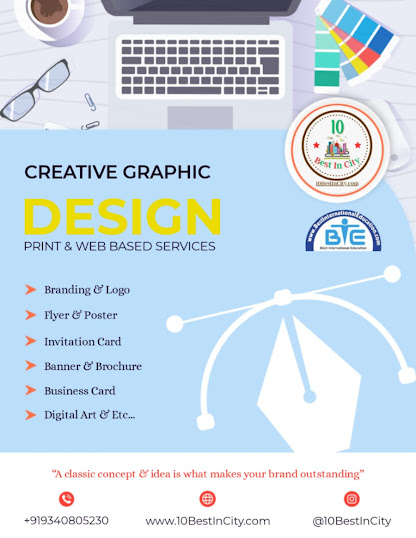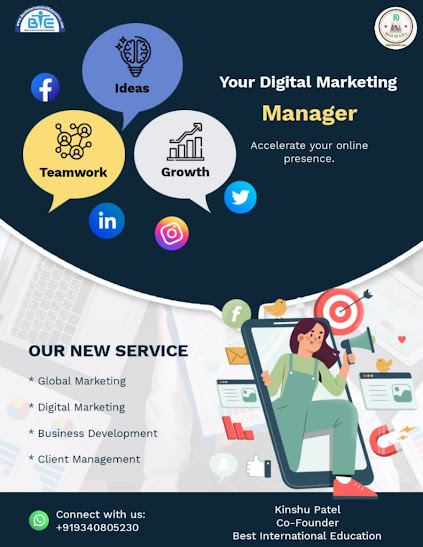99 Days Challenge for HR Professionals #Day 12
"Cultivating a Positive Company Culture: HR's Guide to Building a Great Workplace"
In the ever-evolving landscape of modern workplaces, the role of Human Resources (HR) has transcended traditional administrative functions to become a strategic driver in shaping organizational culture. One of the key focuses for HR professionals is cultivating a positive company culture. In this article, we'll explore the importance of company culture, the role of HR in building it, and practical strategies for creating a workplace where employees thrive.
Understanding Company Culture:
Company culture encompasses the shared values, beliefs, and behaviors that define the work environment. It influences how employees interact, collaborate, and approach their work. A positive company culture fosters employee engagement, satisfaction, and productivity.
HR's Role in Building Company Culture:
Setting the Tone:
HR professionals play a pivotal role in setting the tone for the organizational culture. This involves aligning policies, procedures, and practices with the desired values and behaviors.
Recruitment and Onboarding:
HR is responsible for ensuring that the recruitment process aligns with the company's culture. Onboarding programs are designed to introduce new employees to the organization's values and expectations.
Communication and Transparency:
HR facilitates transparent communication, ensuring that employees are informed about organizational goals, changes, and updates. Open and honest communication builds trust and contributes to a positive culture.
Employee Recognition:
Recognizing and appreciating employees for their contributions is a critical aspect of fostering a positive culture. HR can implement recognition programs and initiatives that celebrate achievements.
Conflict Resolution:
Addressing conflicts promptly and fairly is essential for maintaining a positive culture. HR acts as a mediator, promoting resolution and ensuring that conflicts do not negatively impact the overall work environment.
Strategies for Cultivating a Positive Company Culture:
Define Core Values:
Clearly articulate the core values that define the organization. These values should align with the mission and vision, guiding both decision-making and behavior.
Promote Work-Life Balance:
Encourage a healthy work-life balance to prevent burnout and support employees' overall well-being. HR can implement policies that prioritize flexibility and time off.
Professional Development:
Provide opportunities for professional growth and development. HR can create training programs, mentorship initiatives, and career paths that empower employees to enhance their skills.
Inclusivity and Diversity:
Foster an inclusive and diverse workplace. HR can implement inclusive hiring practices, awareness programs, and initiatives that celebrate diversity.
Wellness Programs:
Implement wellness programs that focus on physical, mental, and emotional well-being. These programs can include fitness initiatives, mental health resources, and stress management support.
Feedback Mechanisms:
Establish feedback mechanisms that allow employees to share their thoughts and concerns. HR can conduct surveys, hold regular feedback sessions, and implement an open-door policy.
Team Building Activities:
Organize team-building activities and events that strengthen interpersonal relationships. HR can facilitate activities that promote collaboration and camaraderie.
Cultivating a positive company culture is an ongoing process that requires commitment, effort, and collaboration. HR professionals are at the forefront of driving this cultural transformation, ensuring that employees feel valued, engaged, and motivated. By investing in a positive company culture, organizations not only enhance employee satisfaction but also create a competitive advantage in attracting and retaining top talent.
Kajol Kapura Soren
HR Head
10BestInCity.com
Kajol@10BestInCity.com
+91 73966 64394
https://kajolkapurasoren.vcardinfo.com
Facebook:
https://www.facebook.com/kapurakajol
Instagram:
https://www.instagram.com/kajolsoren
Linkedin:
https://www.linkedin.com/in/kajols
Pinterest:
https://in.pinterest.com/kajolks14
Twitter:
https://twitter.com/KajolSoren4
Quora:
https://www.quora.com/profile/Kajol-Soren
V Card :
https://kajolkapurasoren.vcardinfo.com
Bio:
https://www.portrait-business-woman.com/2023/07/kajol-kapura-head-hr-10bestincitycom.html





.jpg)
.jpg)


